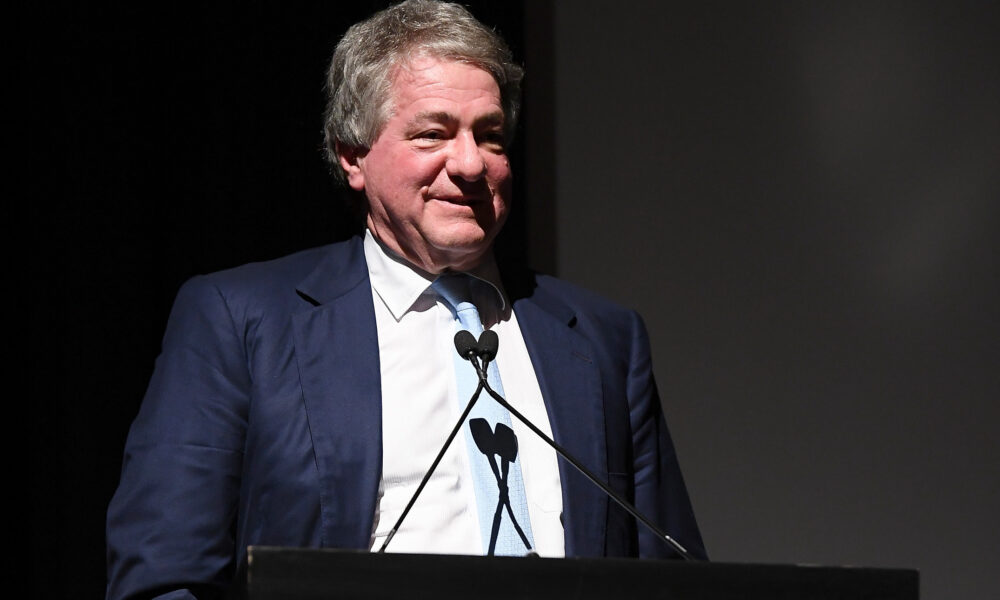UPDATE: New emails and documents have emerged, revealing alarming details about private equity billionaire Leon Black and his controversial ties to the late convicted sex offender Jeffrey Epstein. This urgent investigation by the New York Times sheds light on the extent of their relationship, which includes $170 million in payments Black made to Epstein, purportedly for tax and estate planning services.
The Times report uncovers how Epstein leveraged his connections to influence Black, including orchestrating art transactions aimed at helping him avoid capital gains taxes. One shocking detail reveals Epstein sought a loan for Black’s $120 million acquisition of Edvard Munch’s iconic painting, “The Scream.” Black’s representatives assert Epstein had no role in this deal, but the allegations raise significant questions about their intertwined dealings.
According to the newly uncovered documents, Epstein also played a crucial role in concealing Black’s extramarital affair with former Russian model Guzel Ganieva, who later accused him of assault—a claim Black has denied. Black reportedly paid Ganieva nearly $10 million under an agreement that prohibited her from speaking about their relationship. The Times highlights that Epstein was involved in assessing the tax implications of these payments, some of which were framed as loans.
Senator Ron Wyden of Oregon has called for an urgent investigation into Black’s payments to Epstein, questioning their legitimacy and the lack of proper audits. “This report raises questions as to whether there was more at play in the relationship between these two men, potentially including blackmail,” Wyden stated, reflecting the growing scrutiny surrounding Black’s financial dealings.
Black’s attorney, Susan Estrich, defended him, claiming that the payments were for legitimate services that saved his family billions. She vehemently denied any suggestion of Epstein’s undue influence, calling it “false and patently absurd.” Estrich also criticized the New York Times for its reporting, alleging bias and suggesting that Black was unaware of Epstein’s criminal activities during their relationship.
The fallout from Black’s association with Epstein has been significant. In January 2021, he stepped down as CEO of Apollo Global Management, following a review of his ties to Epstein. Later that year, after public pressure from over 150 prominent artists, Black resigned as chairman of the board at the Museum of Modern Art (MoMA), though he remains a trustee.
As public scrutiny intensifies, MoMA’s board faces questions about Black’s ongoing role. Recently departed director Glenn Lowry lauded the board as “extraordinarily dedicated,” but the museum has not commented on the latest revelations.
This developing story raises critical questions about accountability and the ethical implications of Black’s financial dealings. As investigations unfold, the public and officials alike are closely monitoring the situation, eager for clarity on the connections that have long been shrouded in secrecy. Stay tuned for further updates on this urgent matter.







